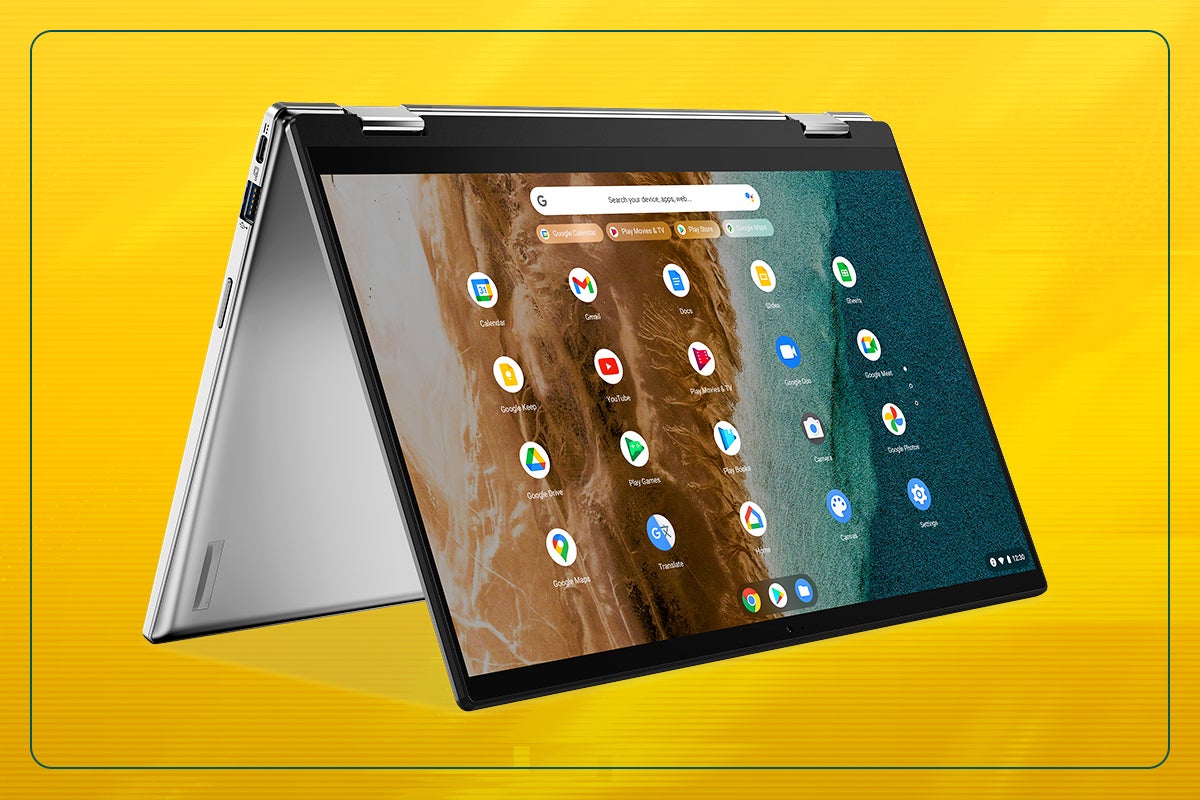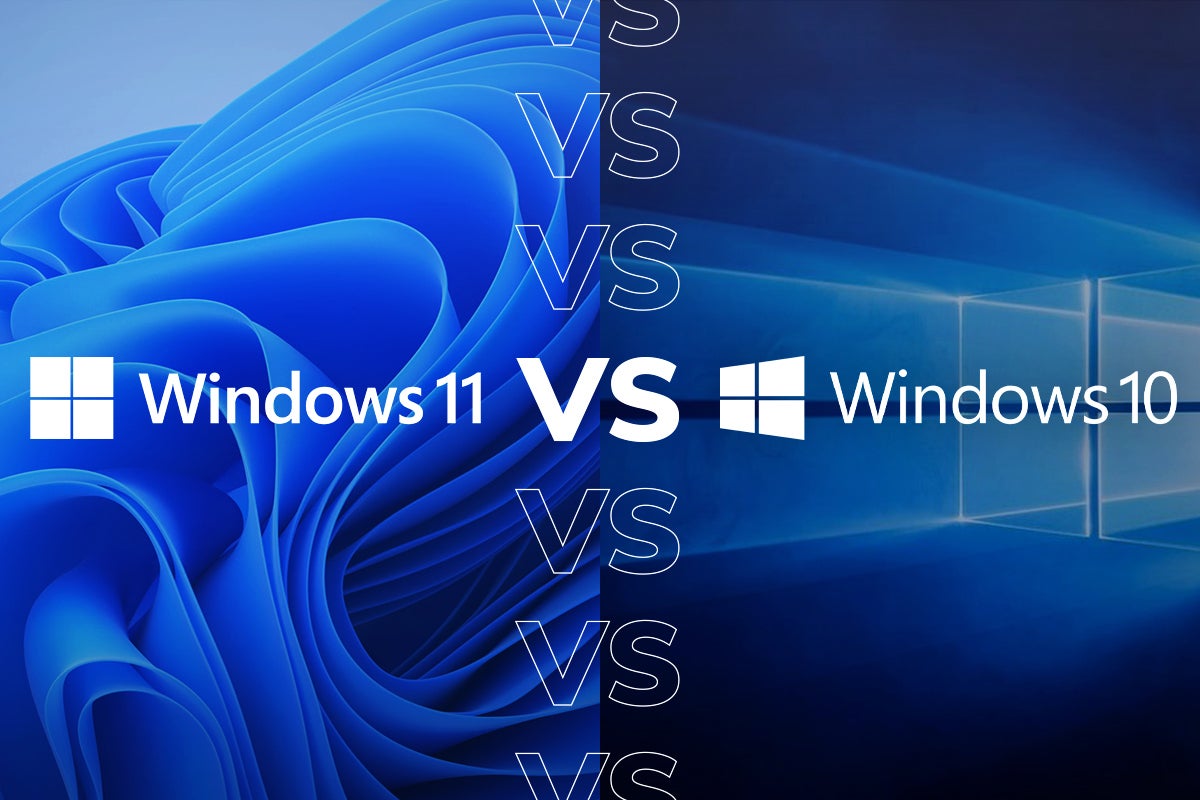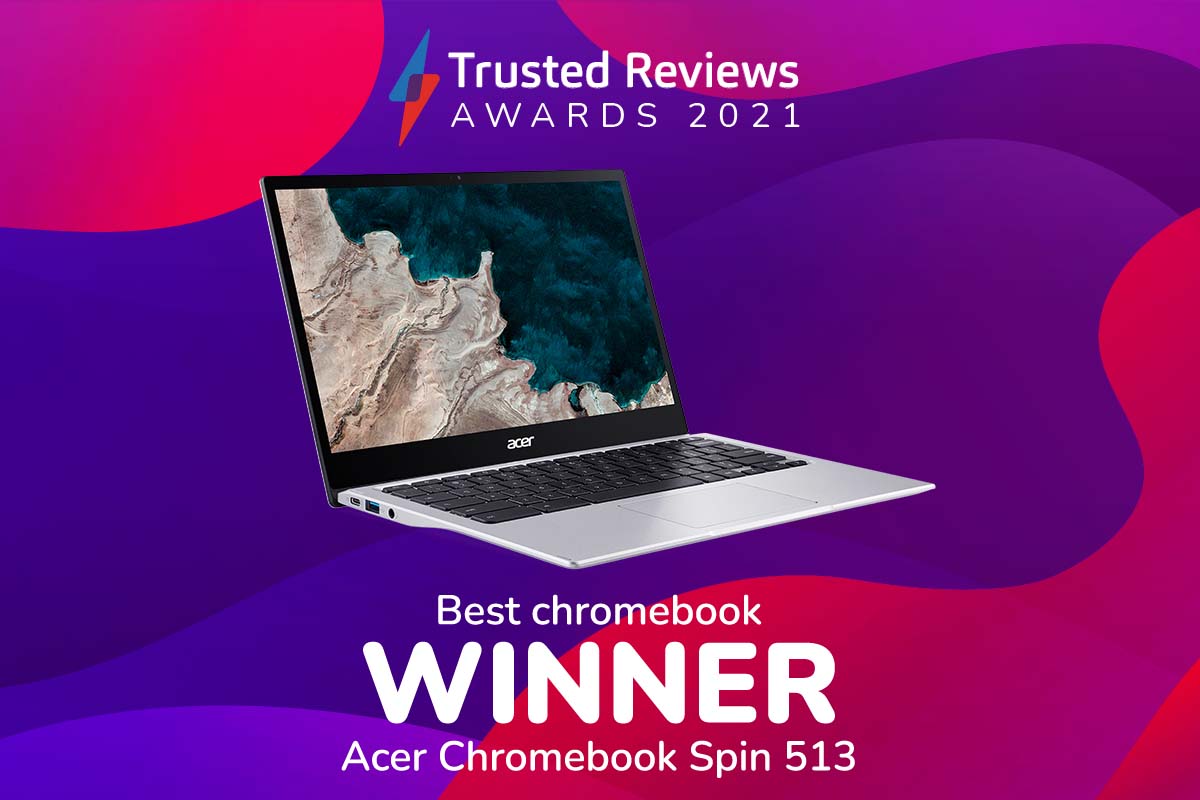Microsoft’s future depends on Windows 11 SE succeeding
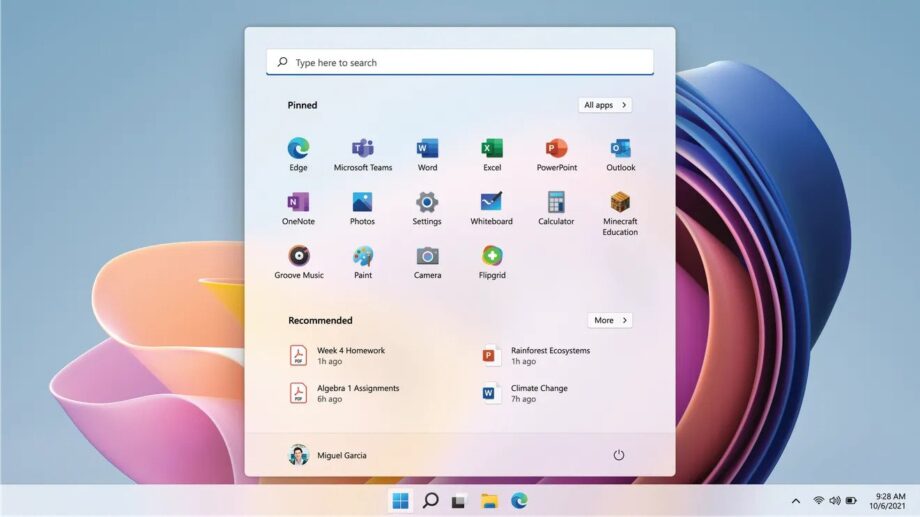
OPINION: Microsoft’s new Windows 11 SE and Surface Laptop SE are the latest efforts to rival the Google Chromebook education empire and for me it marks an important message from the firm: It knows today’s students are tomorrow’s customers.
Microsoft is once again challenging Chromebooks and Chrome OS with the new lightweight version of Windows 11 it is calling Windows 11 SE. That’s accompanied by new Windows Surface SE laptop that’s super affordable, with third-party manufacturers signed-on to sell laptops directly to schools.
Microsoft initial proposition looks well placed to take a run at Google’s dominance in education, particularly in the United States. However, I don’t believe spreading the gospel of Windows 11 and shifting a little more hardware is even close to being the key goal here.
The Chrome OS platform doesn’t just get kids using Google-based devices, it embeds them within the Google cloud software ecosystem. Submitting essays within Google Docs, working from Google Slides presentations and Google Sheets spreadsheets.
It means they’ll store all of their documents and files within Google One cloud storage, exchange emails in Gmail, make video chats within Meet, and so on. They’re collaborating with each other in real time using all of these platforms, whether they’re learning remotely or in class.
Word life
When I was a schoolboy, all I knew from school and college was Word, PowerPoint, Excel and then Internet Explorer and Hotmail. When I got to university, the computers in the libraries were Windows-based. When it came to our creative endeavours, it was the iconic G3 iMacs. It’s anecdotal, obviously, but I’ve personally never purchased a Chromebook, probably because of the way I learned to interact with tech.
Now, youngsters in Chromebook-based education environments are less likely to know Microsoft products at all (unless they’re gaming on PC or Xbox). Some schools work from Chromebooks, others demand students purchase iPads.
All that means kids are less likely to be familiar with Office products and that means they’re less likely to use them when they go off and buy their own products.
Put it this way, if you’ve been using Google Docs forever, why would you suddenly switch to Microsoft 365 and start handing over a £6.99 a month subscription fee to use Word, PowerPoint, Excel, Outlook and OneDrive storage.
I think this is what the Windows 11 SE proposition boils down to. Microsoft isn’t spying 1990s-like dominance of the operating system market because Redmond is far more concerned with making its services available everywhere these days. Microsoft doesn’t really think selling low-spec $250 Surface hardware is going to shatter revenue records, either.
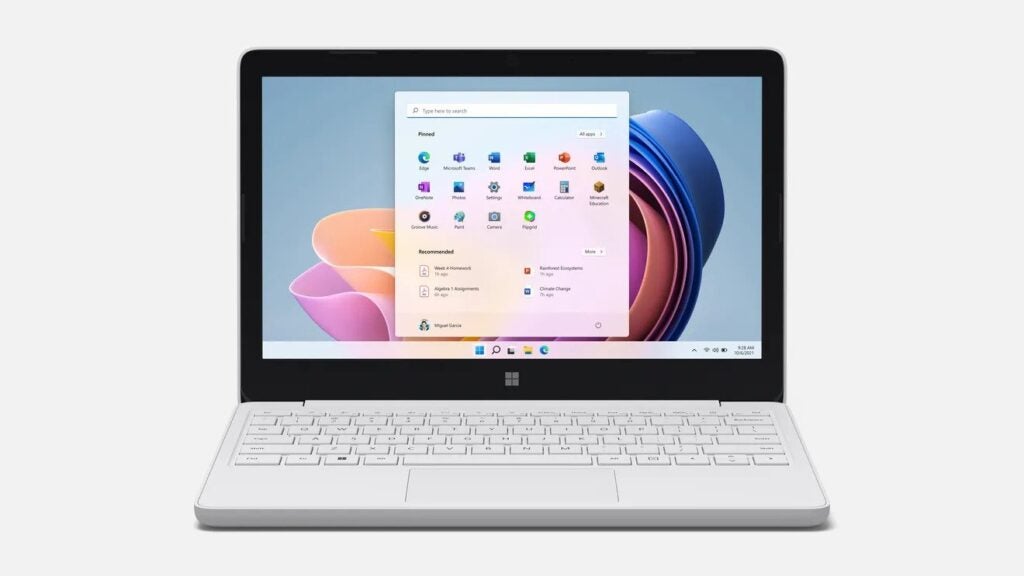
It knows that by getting children using Microsoft services now, it has a better chance to win the future, to ensure they become customers after they’re done being students. There’s plenty at stake here, considering all of the current chatter about the metaverse. It’s not going to be about laptops, tablets, smartphones and even games consoles forever.
Microsoft as The Godfather
We’re heading towards a new reality where the services we are used to using either exist in a different visual world or are superimposed on our current reality. Microsoft has been preparing for this for half a decade with its HoloLens endeavours, so this is nothing new, despite Facebook/Meta’s attempts to define this future.
It needs to ensure that ahead of this switch, its products are the ones that today’s children and teenagers are using. They need to be living within that Microsoft 365 ecosystem; not Google’s.
It’s similar to that infamous proposition in The Godfather when Tom Hagen says:
“Now we have the unions and we have the gambling; and they’re the best things to have. But narcotics is a thing of the future. And if we don’t get a piece of that action, we risk everything we have. I mean not now, but ten years from now.”
Effectively, us millennials and older generations are all hyper familiar with Microsoft products and services. In the Hagen analogy, we’re the best things to have right now because we’re the ones with purchasing power. However, bypassing children while they’re at school means the company risks everything it has. Not now, but ten years from now.
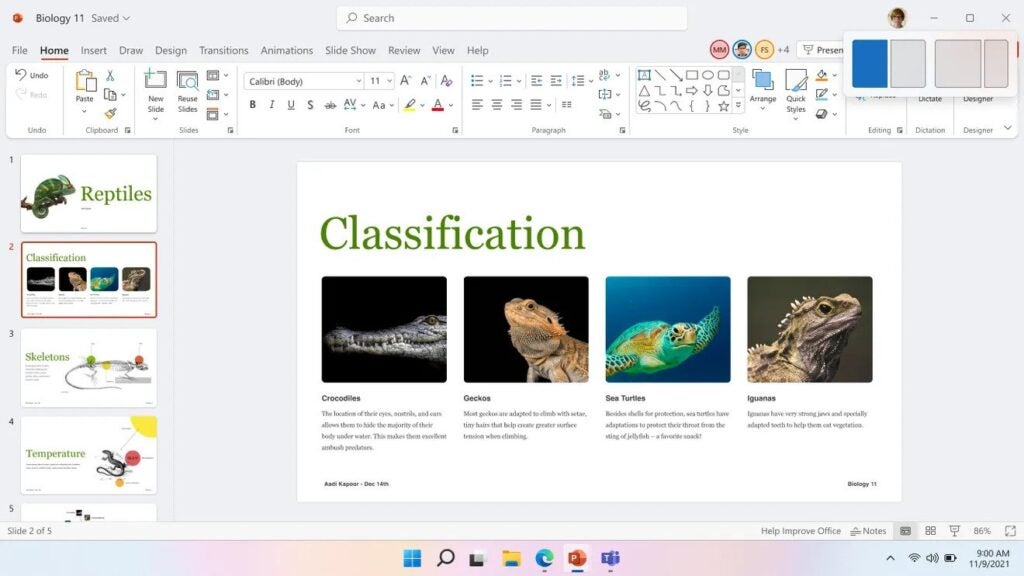
This is all about redressing some balance, pulling some of the power back from Google’s education empire. About attempting to ensuring that Microsoft’s cloud is the one we’ll all have our heads in when the displays are inches from our eyeballs.
Microsoft’s initial announcement carries plenty of promise. Its previous efforts to get its claws back into the education market have been confusing and disjointed and often abandoned before they’ve even had chance to gather steam. Windows 11 SE carries a clear purpose and it feels like Microsoft is ready to put the machine behind it. It’s very future depends on its success.


